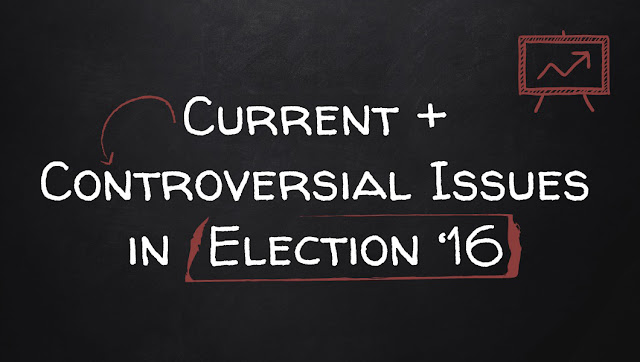To Disclose or Not to Disclose; That is the Question

by Shawn P. Healy, PhD, Civic Learning Scholar, Robert R. McCormick Foundation The #CivicsIsBack Campaign completes its Southern Illinois swing today with a stop in Edwardsville. The city sits across the Mississippi River from Ferguson, MO, and its district forbade teachers from discussing the racial unrest that gripped the entire St. Louis region two years ago. It’s fair to say that this knee-jerk decision was nothing short of educational malpractice, because social studies classrooms are actually the ideal venues for these critical conversations across difference in our democracy. In embracing the “Political Classroom,” teachers must also weigh the extent to which they should disclose their personal views to students on current and controversial issues. Early in my career, I promised my students that I would reveal my candidate choice in the 2000 Presidential Election after I voted. Little did I know that the election wouldn’t be officially decided for another 36 ...







